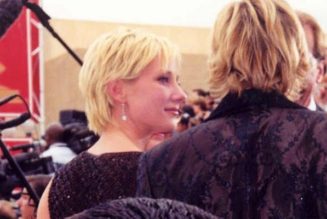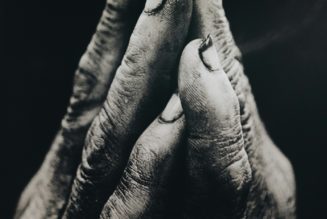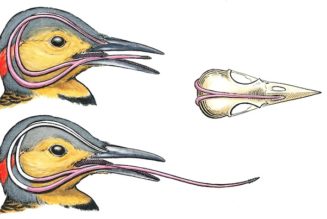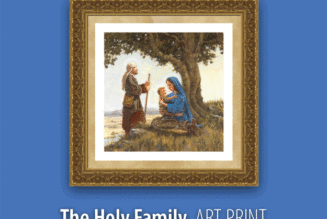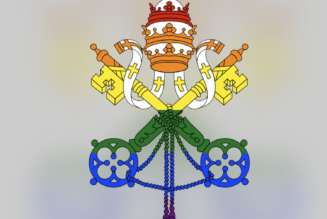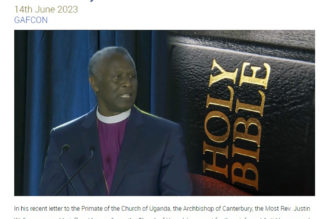
By Carrie Gress
I’ll never forget her face. It was objectively beautiful, but hardly perceptible, masked by contortions of anger and revenge. We met on the sidewalk outside the local abortion clinic. I can’t remember her name, but I will never forget her face and her rage.
She was pregnant with a baby conceived by a faithless father. How could she possibly carry this baby? And what better revenge upon him than to kill his child, she explained to me, enraged, on an unusually sunny afternoon in Oregon. As we talked, it was clear she was the victim of a no-good man, which she felt gave her permission to do whatever she wanted with his (and her) child.
I watched with tears streaming down my cheeks as she marched into the clinic, knowing full well that the energy and spirit that she possessed when she entered would not be there when she emerged hours later, broken, bleeding, and empty of the life she walked in with. She may have been a victim of a faithless man, but she would never find relief until she dealt with the other person she made a victim that sunny afternoon.
Being a victim is real. Most of us don’t get through life unscathed. People, through no fault of their own, are harmed terribly. The problem is when being a victim turns into a type of mental trap we could call victimhood. Victimhood on a national scale emerged on the savvy couches of Oprah, Dr. Phil, and Ellen, with guests dabbing tears and given instant celebrity status. Woke ideology has fueled it further, awarding prizes to the oppressed of any stripe. Culturally, we have embraced it like a warm blanket, unaware of the decay and rot hidden underneath, eating us from the inside out.
The moral laws exist to protect us from others but often more from ourselves. One doesn’t heal oneself by attacking others, despite this being a natural human reaction. Instead of reminding people of this, our culture seems to have forgotten it entirely—we have forgotten that emotions and pain don’t warrant inflicting the same or worse upon others. We’ve forgotten the freedom that comes from blamelessness and that suffering isn’t mitigated by hurting others.
What victimhood as a badge confers is more than just pity from on-lookers. Its allure comes from the faux belief that suffering places one above the moral law, justifying just about anything—gossip, calumny, drug abuse, porn addiction, gluttony, theft, abortion, and on and on. Its unspoken promise is the hall pass to do whatever one wants, consequent free.
Victimhood today is fashionable, perhaps like never before. Even Harry Windsor has claimed its prized status in his new book Spare, telling the world the extreme challenges of being a prince.
William was the heir. I was the spare. I was the shadow, the support, the Plan B. I was brought into the world in case something happened to William. I was summoned to provide back-up, distraction, diversion and, if necessary, a spare part. Kidney, perhaps. Blood transfusion. Speck of bone marrow.
Harry, sounding like he was kept in a crate like a piece of veal from which spare parts could be plucked, brandishes his so-called secondary insignificance as a badge of honor. Wrapped in the warmth of self-pity, Harry is locked interminably in childhood.
When victimhood is exercised, there will at some point be a reckoning for the damage it has wrought, where the victim parses out what has been done to him or her and what he or she has done to others. It’s a painful breakthrough that offers true healing and maturing. It’s the freedom the victim has sought elsewhere, but never quite found.
A great example of this is seen in the episode of “Chef’s Table: Pizza” featuring Gabriele Bonci, the “Michelangelo of Pizza,” who founded Pizzarium in Rome, Italy. Bonci became an overnight celebrity for his innovative pizza, complete with his own theme song that accompanied his frequent TV appearances. In the episode, Bonci speaks of the clash in his life between his larger-than-life on-screen personality and who he knew himself to be off-screen. At some point, the pressure was too much and Bonci had to change his life—dropping TV and hundreds of pounds of weight. But he had a lot more baggage to deal with—the damage wrought by his drug abuse and alcohol.
Of his previous life, he says:
I used to say I drank and got drunk because they didn’t understand me. If I did drugs, it was because this life is [expletive]. If I was going crazy, it was because I had done television. Those were all just alibis. I’m the one who did it. Period. I lived in a really bad way. I have so many regrets. Especially with the people I wronged.
Victimhood keeps us childish, stuck in the belief that our actions don’t have consequences, that we don’t have duties and responsibilities beyond our own needs. Bonci, through the changes he made in his own life, is asking more of himself and escaping the whirlpool of self-pity and self-destruction.
“Today,” he says, “I’m no longer a showman. Today, I’m a man. And I’m expecting a different future.”
Escaping victimhood changes everything—perhaps not in the way of bluster and status, but in all the ways that are true, hopeful, and healing.
A modified version of this article first appeared at The Epoch Times.

